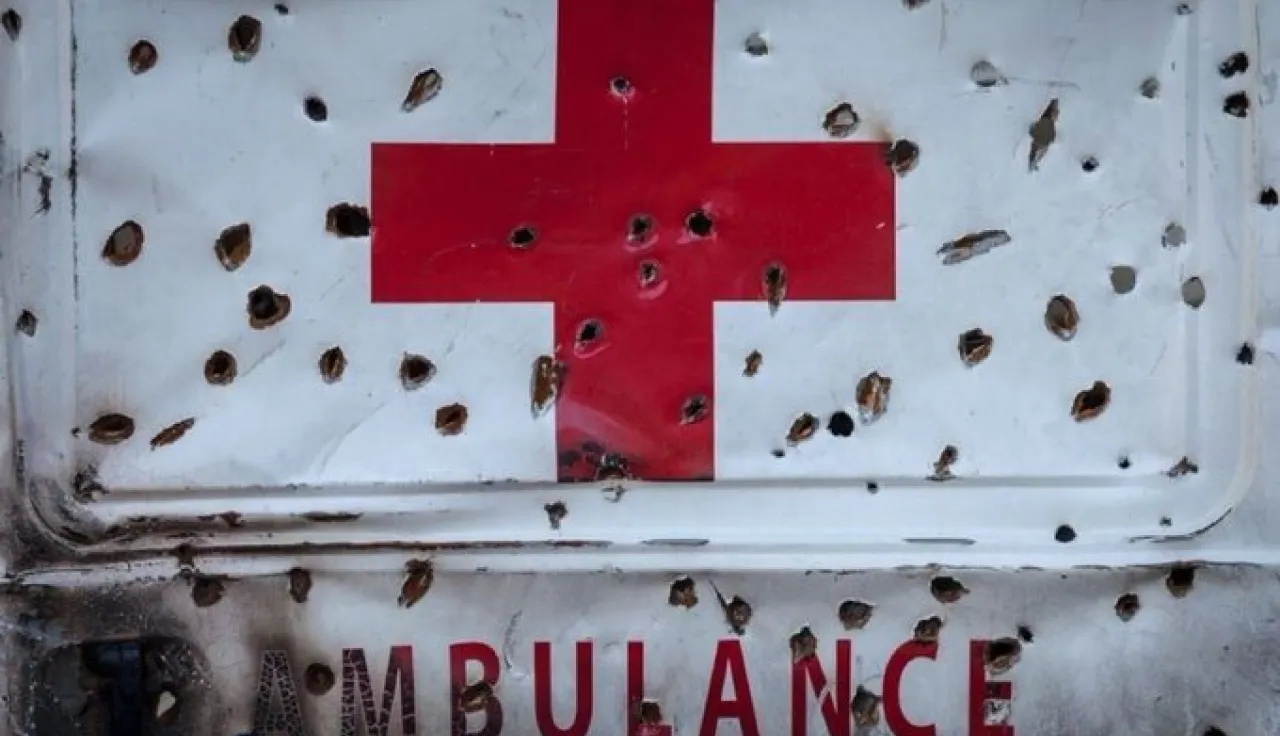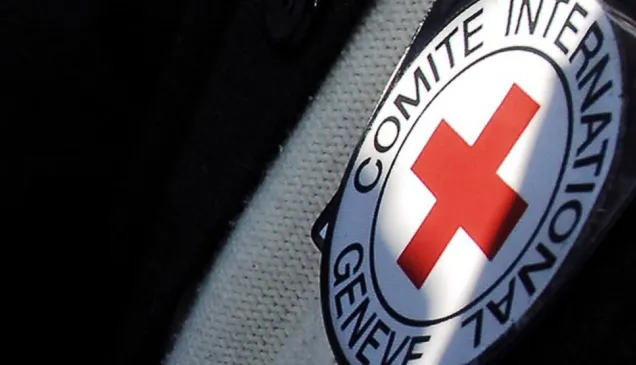Colleagues,
Today we are here to reflect on and improve our efforts to protect health care and health care workers. This month we mark five years since the UN Security Council adopted resolution 2286.
Five years on, disappointingly, I have to say, there has not been significant change: access to health care continues to be impeded and implementation of measures laid out in the resolution has been weak. Between January 2016 and December 2020, the ICRC documented 3,780 incidents affecting the delivery of health care in 49 countries. We found that local health care providers and facilities are hard hit by the violence:
- Almost half of the events affected a national health facility or a place where wounded and sick were being cared for.
- Two thirds affected health personnel, the wounded and sick or other civilians.
- and we counted 1,740 deaths and more than 9,900 injuries, and this is just the tip of the iceberg
During the pandemic, new patterns of violence and stigmatization against health care workers and patients emerged. From February to December 2020, the ICRC was made aware of 848 violent incidents against health care associated to COVID-19.
It simply does not have to be this way. The community of concern that ICRC has brought together represents 12 medical and humanitarian organizations with more than 30 million health care professionals and they are all in agreement: We don't need more diplomatic statements. We need action to improve behavior starting at the national level, and Ine [Marie Eriksen Søreide] has given quite powerful examples with regard to Norway just a minute ago. This has driven our Health Care in Danger initiative that we have worked on over the last decade together with the Red Cross and Red Crescent Movement, Norwegian Red Cross, of course, playing a crucial role.
The ICRC has developed tools to provide States practical guidance for armed forces and legislative bodies including checklists that cover challenges related to the protection of health care during armed conflict and other emergencies. These resources provide ways to review the domestic normative framework and touch on matters relating to training, planning, and operational readiness. These tools are readily available to you, as is the ICRC and Red Cross and Red Crescent Partners together.
States, however, have additional resources available, including in the sharing of good practices between States. And that is why we are here today. I now turn the floor to you. I hope you will share, inspire, and perhaps emulate one another in order to protect our health care and health care workers.
Thanks a lot.




